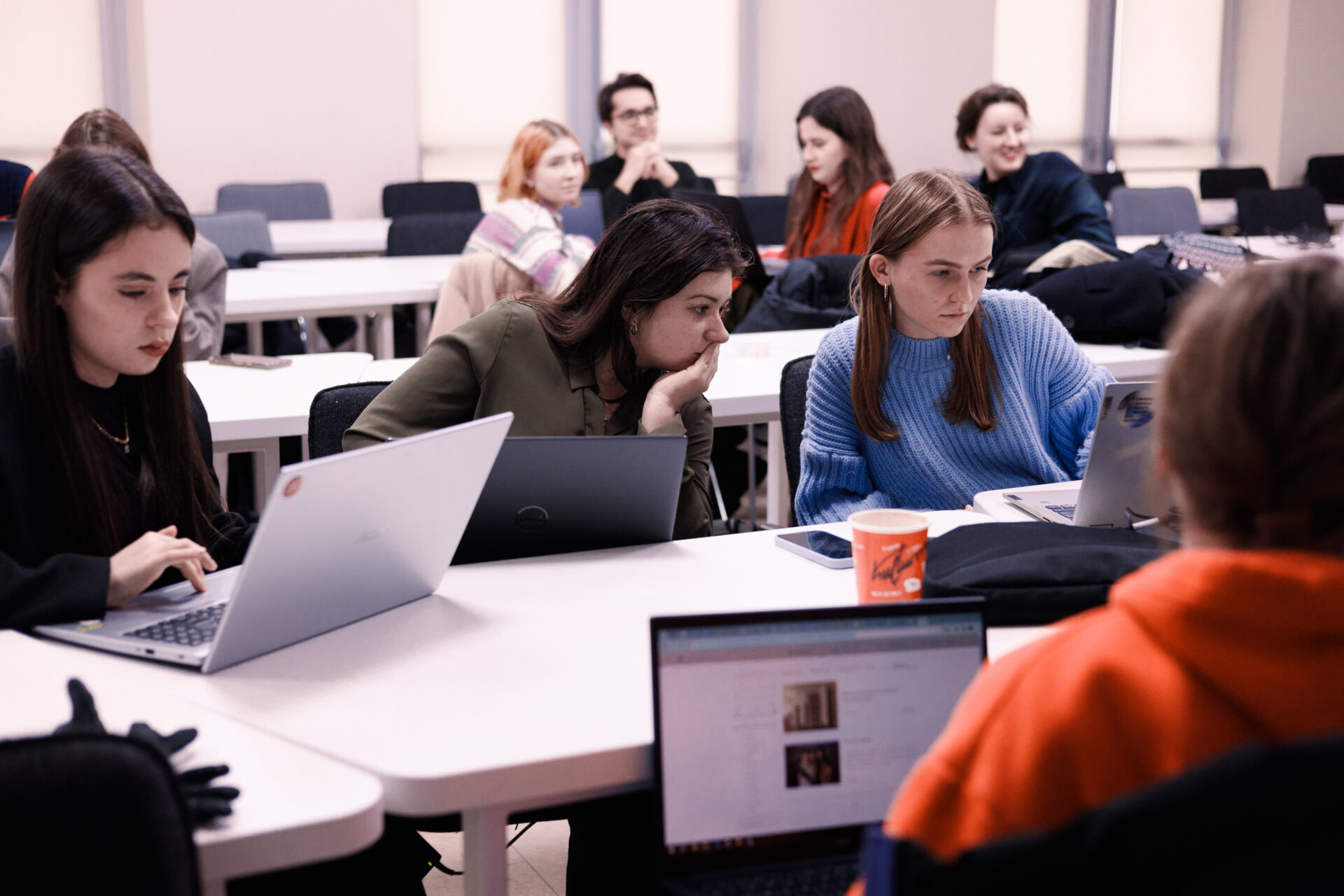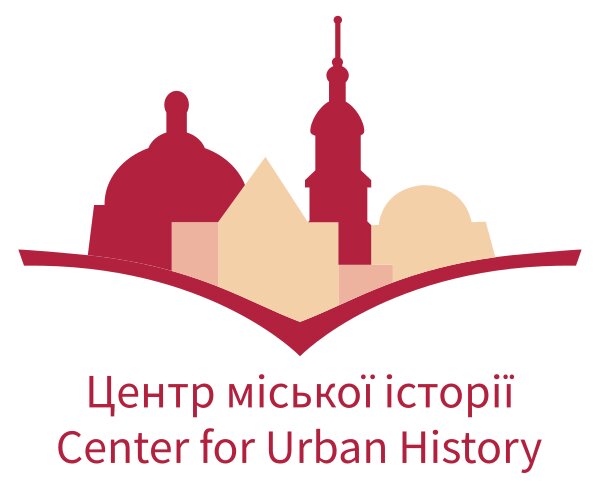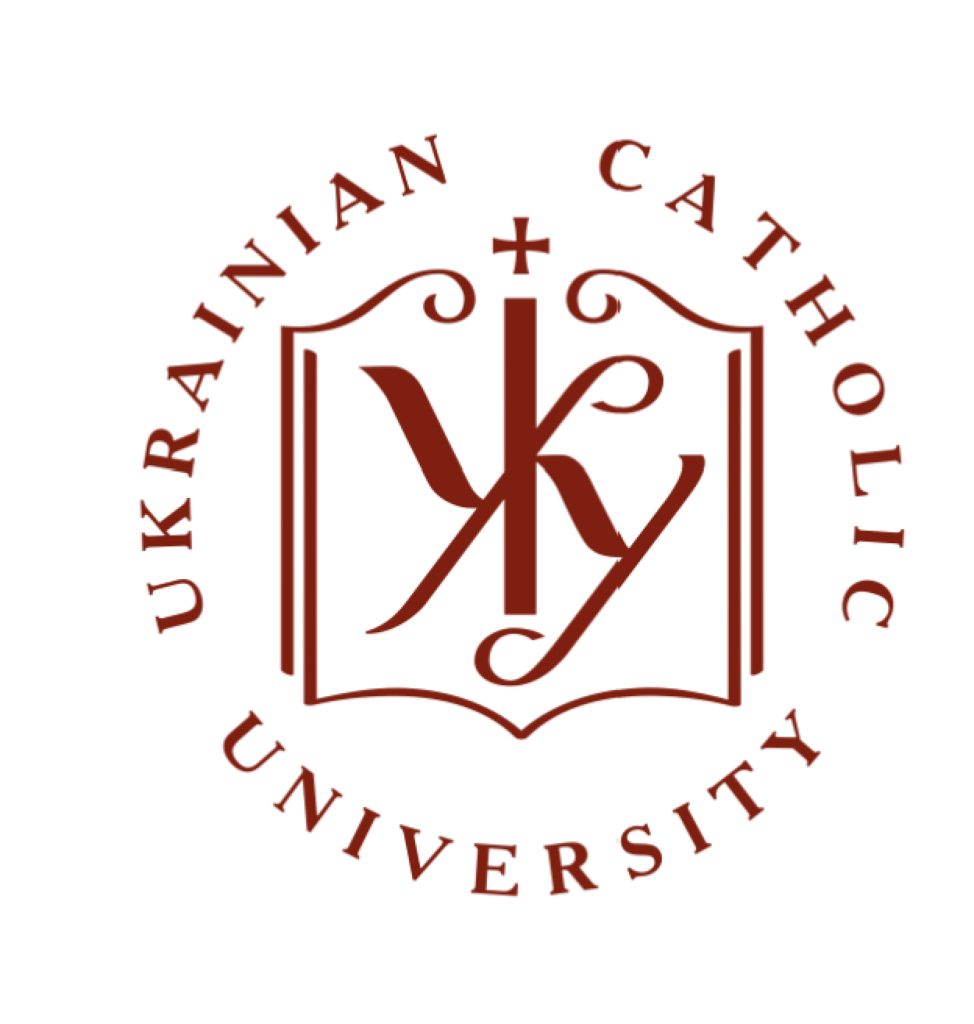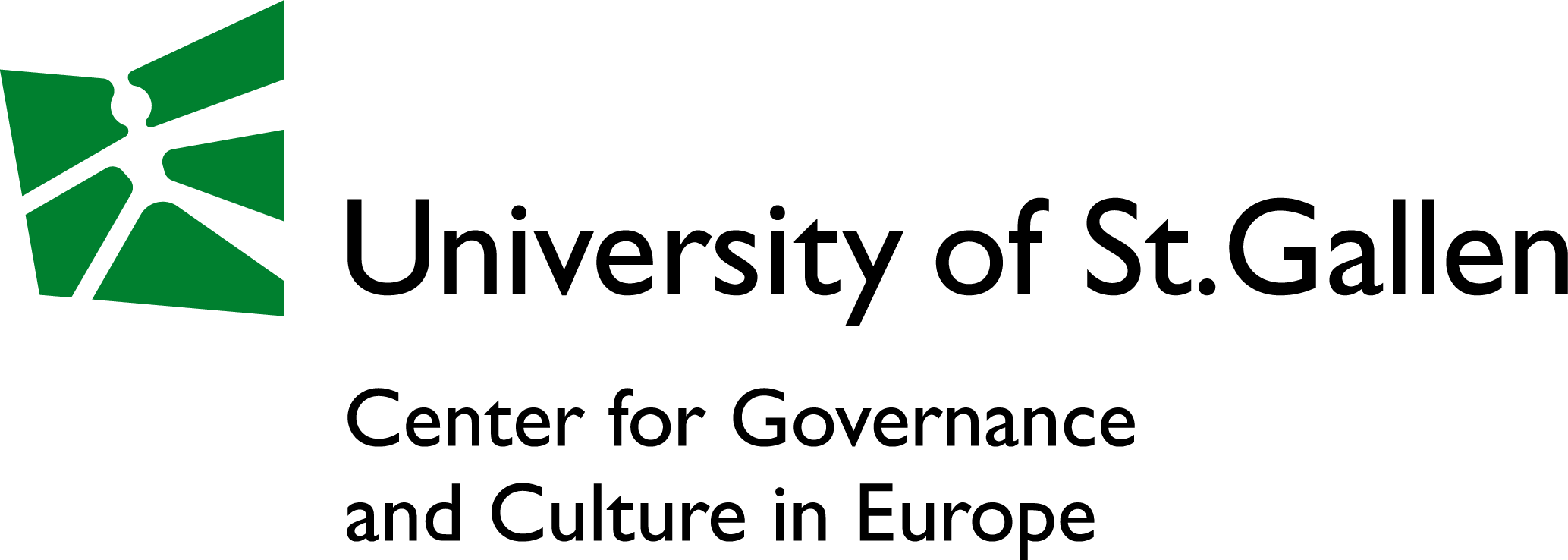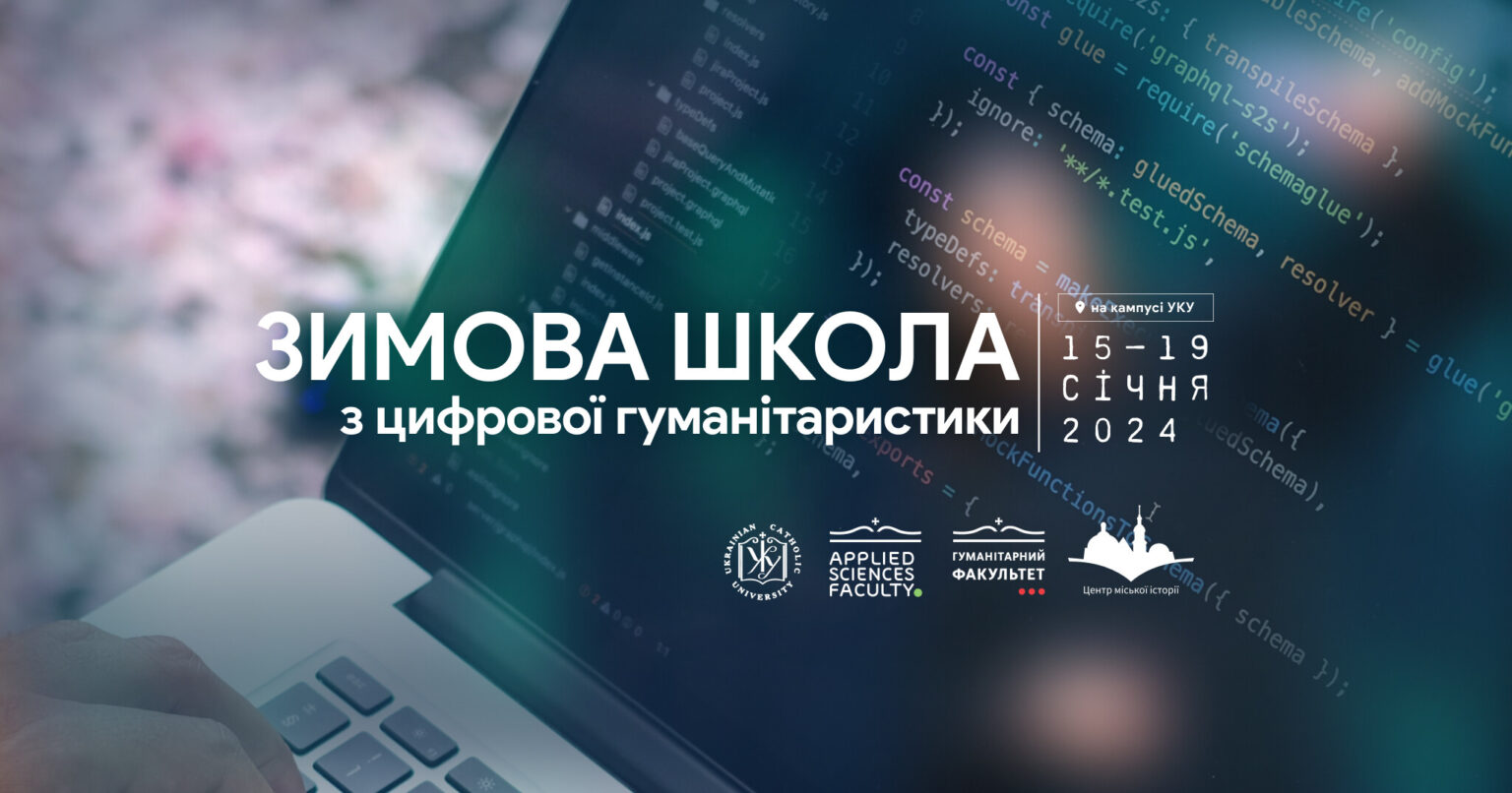Presentation of the Digital History Handbook
13.6.2024, 16:00
online / zoom
We are pleased to invite you to the presentation of the first part of the online digital history handbook. At the event, Taras Nazaruk and Orysia Vira, as well as invited co-authors, will share the results and further plans for the project's development.
You can join the online presentation here.
The use of digital tools is becoming an integral part of historical research (and of the humanities in general), from processing and organising digitised sources to historical mapping or network analysis. Basic skills are usually sufficient to apply them. However, there is a growing need for adapted educational materials that will allow an understanding of the specifics of these tools and the skills to work with them in the context of humanities and social sciences.
This is important not only for researchers who already have certain technical knowledge and want to improve it, but also for those who are just starting to master it and do not know where to start. We are not trying to create a programming manual. Instead, we are interested in digital methods and their possibilities for historical research, both in practical use and critical reflection.
One of the most advanced resources that tries to meet this need is the Programming Historian,
the materials of which we used as a basis.
Between 2022 and 2024, our team compiled the first set of lessons in Ukrainian, trying to offer a diverse set of topics and methods: mapping, digital publishing, organising sources, and more. At the same time, we do not limit ourselves to literal translation. We strive to adapt these training materials to the Ukrainian context, using sources or datasets relevant to our region. The aim is to draw the attention of Ukrainian researchers to the opportunities offered by digital humanities and the diversity and possibilities of data from Ukraine that can be mapped or analysed using digital methods or tools.
The publication was created by an initiative group – Taras Nazaruk (Center for Urban History, University of Hagen), Orysia Vira and Hlib Solodiuk (Ukrainian Catholic University), Kyrylo Osinsky (Cheil Germany GmbH) – together with invited translators and reviewers. All translated materials were double-reviewed by experts in the relevant fields.
The manual was created by the Center for Urban History in cooperation with the Ukrainian Catholic University with the support of the Center for Culture and Governance in Europe, University of St.Gallen.
Credits
Cover Image:
